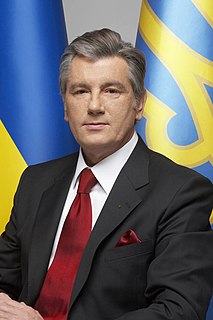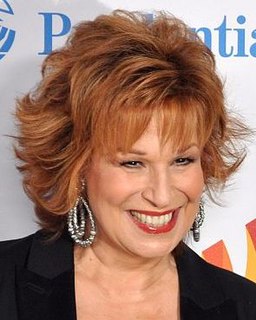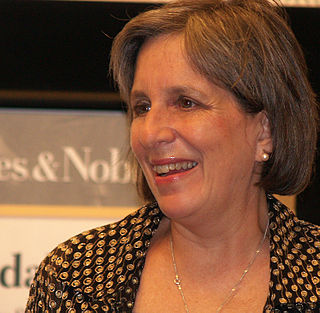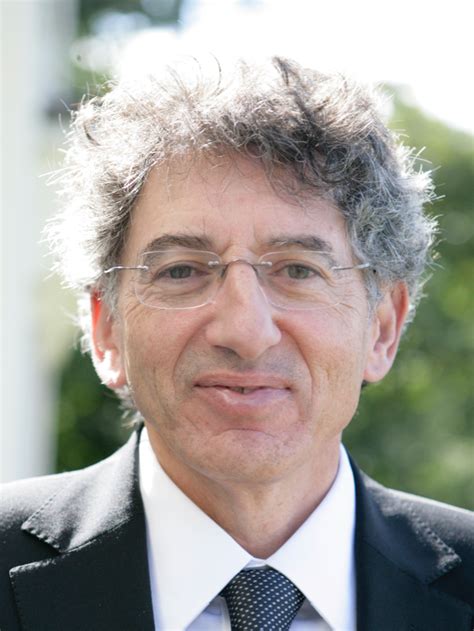A Quote by Viktor Yushchenko
I have excellent relationships with Jewish organizations and participate every year in a Hanukkah celebration with my family. There haven't been any anti-Semitic tendencies in my team for a long time.
Related Quotes
There was no reason to label us as anti-Semitic. No reason at all. I do not know one person in the National Front who committed even the most minor hostile act against a Jewish person or Jewish property. As for me, even though I have been accused of anti-Semitism countless times, no one has ever heard me make anti-Semitic statements or engage in anti-Semitic behavior. There just are people, organizations, that need an adversary and they want the public to believe that this adversary is dangerous.
Over the years, my marks on paper have landed me in all sorts of courts and controversies - I have been comprehensively labelled; anti-this and anti-that, anti-social, anti-football, anti-woman, anti-gay, anti-Semitic, anti-science, anti-republican, anti-American, anti-Australian - to recall just an armful of the antis.
As a kid, I heard elders in my family say in passing that Jewish people were consumed with making money, and that they 'owned everything.' My relatives never dwelled on the subject, and nothing about their tone indicated that they thought anything they were saying was anti-Semitic - not that a lack of awareness would be any excuse.
Eid is a time of joy, after a season of fasting and prayer and reflection. Each year, the end of Ramadan means celebration and thanksgiving for millions of Americans. And your joy during this season enriches the life of our great country. This year, Eid is celebrated at the same time as Hanukkah and Advent. So it's a good time for people of these great faiths, Islam, Judaism and Christianity, to remember how much we have in common: devotion to family, a commitment to care for those in need, a belief in God and His justice, and the hope for peace on earth.
Though anti-Semitism had been only one of several sources of Nazi voting strength, after 1933 Hitler placed anti-Semitic ideologues, the most important of whom were Joseph Goebbels, Otto Dietrich and Alfred Rosenberg, at the top of the key opinion-shaping institutions. In a dictatorship resting on the 'leadership principle', Hitler's anti-Semitic convictions defined policy.











































